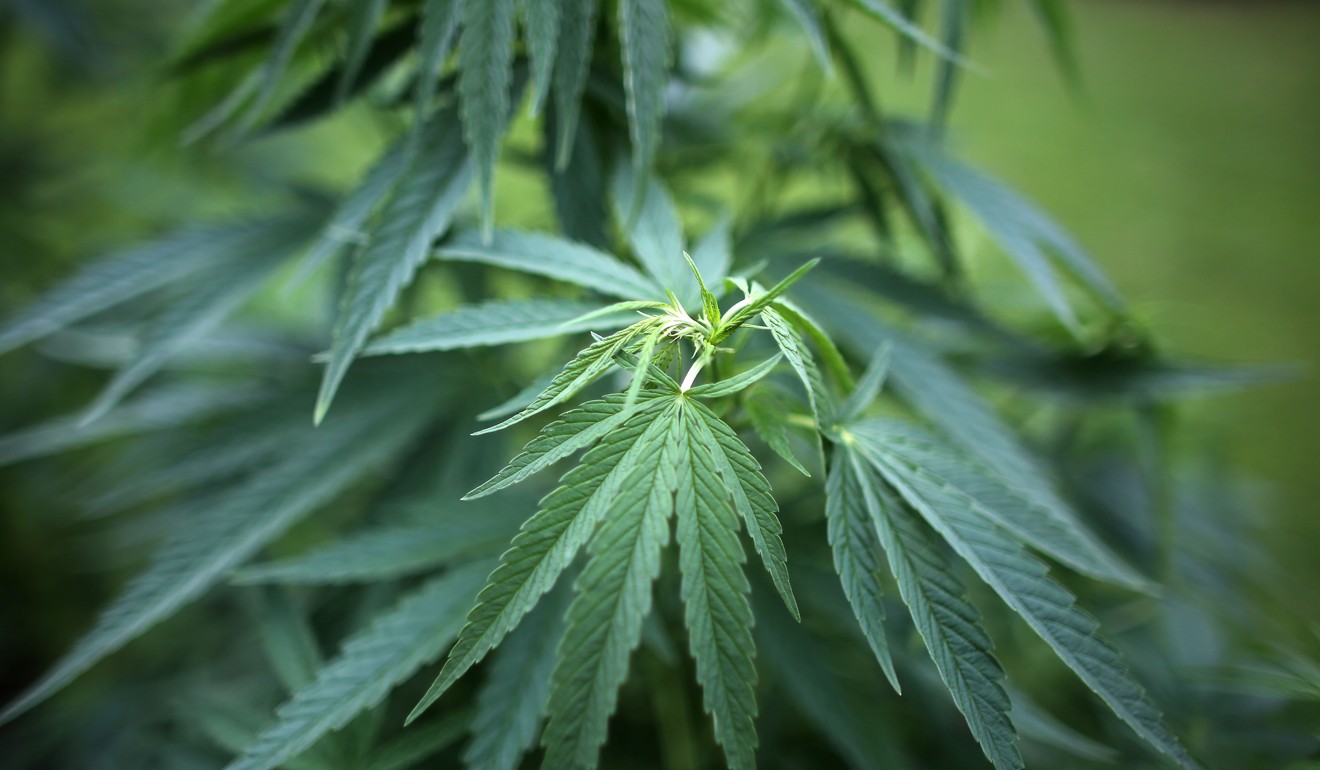
They stole my mother’s organs: a Vietnamese human trafficking victim on going to the UK
- Nguyen was held captive in Vietnam and then forced to work on cannabis farms and in a restaurant in the UK before being rescued by the authorities
- He is among thousands of Vietnamese children and adults who have been identified as victims of human trafficking in Britain
He was only about four years old when his father fell sick and the family had to borrow money to cover the hospital expenses – but they could not avoid his death.
“I remember my mum and I working for some people to pay off the debt. One day, we were taken on a motorbike to a very faraway place,” he recalls. “It was in a very remote mountainous area but they had a very big house with a big farm area.”
The scenery may sound idyllic, but this was the beginning of a harrowing journey that stretched from Vietnam to England – and involved exploitation, abuse and pain. Nguyen, now his early 20s, was held captive in Vietnam and then smuggled to Britain, where he was forced to work on cannabis farms and in a restaurant before eventually being rescued by the British authorities.
They said I should keep working very hard, otherwise I would have my organs removed like my mum
Nguyen did not learn how to read or write as a child and had to use the harvest seasons and the Chinese New Year celebrations as his time references. So he isn’t sure how old he was when he witnessed a group of men kill his mother.
She had been trying to help him escape the house where they were being held captive when the men caught them.
As punishment, his mother’s organs were removed to be sold.
“I was then taken to another very big house – they all spoke foreign languages, I believe Chinese … In this new house, my job was similar. I was doing cleaning work and cooking,” he recalls. “One day, someone put me on the phone with a Vietnamese voice. It was the security guard of the previous boss saying that I should keep working very hard, otherwise I would have my organs removed like my mum had. I stayed in this house for a few years – I had no idea about time.”

Nguyen was later told he would work in a foreign country.
“The first job I had there [in Britain] was in this house where I had to look after the plants – I only knew where the button to turn on and off the heating was and how many times the plants had to be watered per day,” he recalls, referring to a cannabis farm.
After the first harvest season, he was moved to another house where there were four other Vietnamese. His job was the same – and if the plants died, he would be beaten up and given no food for days.
Nguyen says all he got from several years of work and no freedom were two £5 (US$6.50) notes, and multiple scars covering his face and his malnourished body.
Why are Vietnamese risking their lives to reach the UK?
Then “they sent me to a restaurant. I was taken there in the evening through a lift to the underground, where I had to do the washing up and prepare whatever the chef told me to,” he says.
Nguyen slept on a foldable mattress in the corner of the kitchen, where he often faced abuse. He was slapped on the head and one of the chefs slashed his hands with a knife after he broke two plates.
After another attempt to escape failed, Nguyen was again taken to a cannabis house, where he stayed until he was rescued by the police last year.

There were 3,187 Vietnamese adults and children officially identified as potential victims of trafficking in Britain between 2009 and 2018, according to the report “Precarious Journeys” by the non-profit groups Anti-Slavery International, Every Child Protected Against Trafficking and Pacific Links Foundation. For the past few years, Vietnamese have been among the three most at-risk nationalities.
But even when victims are rescued, they do not always feel safe.
Grieving Vietnamese struggle to pay to recover dead family from UK
“Vietnamese children comprised the highest number of trafficked and unaccompanied children recorded as going missing from care” in Britain, reads a report by the charities Every Child Protected Against Trafficking and Missing People.
The study notes there are numerous reasons why these children go missing, including a lack of trust in the authorities and carers, the continuing control of a trafficker or exploiter, and fear of immigration controls.

Unlike others, Nguyen has remained in the safe home arranged by the British authorities and hopes to stay in Britain. “The reason I applied for asylum is that I have no family back home and it’s dangerous there,” he says. “If I return, I would probably be taken to the boss [and] they will remove my organs. That’s why I am asking for protection.”
Now, he is learning English and has attended counselling sessions. “I am living in a safe home. I have better sleep and food to eat. I never thought my life was going to turn into this,” he says. “If I can continue to go to school and have people giving me love instead of torture, I am happy about it.” ■
* Nguyen, whose name was shortened to protect his identity, responded through a British-based support worker to a list of written questions sent by This Week in Asia

